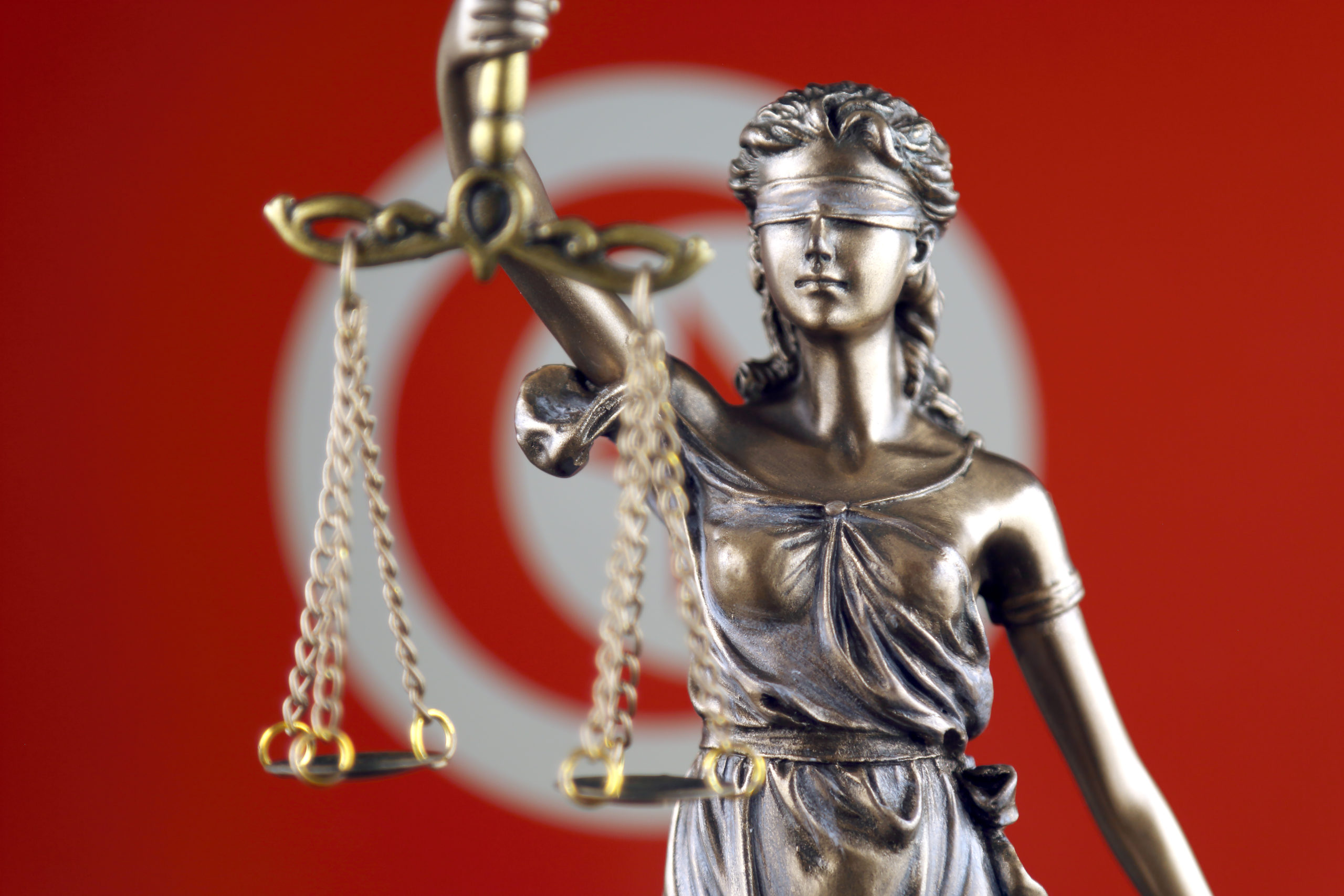The Tunisian authorities must cease all ongoing abusive, politicized judicial proceedings aimed at cracking down on government critics, the International Commission of Jurists said today.
يمكنكم قراءة وتحميل البيان باللغة العربية عبر هذا الرابط
On 11 February 2023, at dawn, a wave of arrests targeting political opposition members and government critics started in Tunis. Within the following two days, at least 11 individuals, including public opposition figures, former ministers, lawyers, former judges, a former diplomat, a private media director and a businessman, were arrested, nine of whom remain in detention.
To date, the prosecuting authorities have failed to issue any public statements about these arrests, let alone to explain the grounds on which they were carried out.
On 10 February, one day before the wave of arrests, Tunisia’s President Kais Saied met the Minister of Justice and urged her to speed up what he referred to as the “accountability process.” He was reported as stating “it is unacceptable that those against whom there is evidence of guilt, before courts can establish such guilt, escape accountability.”
In a video published on the official Presidency Facebook Page during the night of 14 February, the President appeared to confirm that he had supervised the recent arrests personally, rejecting all criticism and human rights concerns, including with respect to the procedures followed during these arrests. The President stated that those arrested “conspired against the State and against the President” and “are terrorists.” The President also added that “the judicial system has to cooperate, history has proven these people guilty before the courts.
“Once again, the President is trampling over the separation of powers and the independence of the judiciary and is making a mockery of the presumption of innocence and the right to be free from arbitrary arrest or detention”, said Said Benarbia, MENA director of the International Commission of Jurists. “Unless those arrested and detained are promptly charged with recognizable criminal offences, based on admissible evidence, they must be immediately released.”
According to information available to the ICJ, all those arrested on 11 February had their houses searched, and were not informed of the reasons of their arrest or of any charges or evidence against them. Upon arrest, on 11 February, none of them was allowed access to their lawyers; they were denied the right to have their counsel of choice present during questioning; they were also refused any contact with their families for over 48 hours.
On 13 February, the Tunis prosecutor confirmed that those arrested on 11 February had been detained by the anti-terrorism brigade, and that the time from which the limit of detention in police custody starts running under the anti-terrorism law had formally started on 12 February. While detainees were allowed to have access to their laywers on 14 February, the ICJ understands that the prosecution has not yet charged them with any criminal offence or disclosed any evidence on the basis of which they have been arrested and detained, and that their questioning has revolved around broad accusations of conspiracy and threats against “State security”.
In the evening of 13 February, the homes of lawyers and former ministers Lazhar Akermi and Noureddine Bhiri were raided and searched before both men were arrested. Upon arrest, Lazhar Akermi was not allowed access to his lawyers. On the following day, his family received an official communication from the National Guard confirming his detention for allegedly “joining a terrorist enterprise and plotting against the external security of the State.” Lazhar Akermi has already been the object of a criminal investigation instigated by the Ministry of Justice in September 2022 because of critical media statements he had made against the Ministry.
Noureddine Bhiri, a leading member of the “Islamist” political party Nahdha, appeared before the investigative judge on 14 February after the prosecution charged him, under article 72 of the Tunisian penal code, with “assault with the intention of changing the form of State”, “inciting individuals to attack one another with weapons” and “causing disorder, killings and robbery”. According to his lawyers, the charges are based on a social media post published on 8 January 2023 on facebook and attributed to him. Offences under article 72 are punishable by death.
Noureddine Boutar, journalist and director of Mosaique FM, a private radio station, was also arrested in the evening of 13 February. His lawyer attended the initial questioning by police on the same evening. She confirmed that all the questions put to her client revolved around the functioning of the radio station, its funding, editorial line and decision-making process regarding the topics covered and the guests invited on the radio programs. He is expected to appear before the prosecutor by 16 February. The Tunisian President had previously criticized Mosaique FM, stating that they “speak of dictatorship all the time while they’re able to speak freely.
“Instead of using counter-terrorism measures to criminalize legitimate dissent and independent media work, the Tunisian authorities must abide by their obligations under international human rights law and ensure that the courts do not become a tool of repression,” added Benarbia
In a statement issued on 14 February, UN High Commissioner for Human Rights, expressed concern over “the deepening crackdown against perceived political opponents.”
Background:
Since 25 July 2021, President Saied has taken steps that have served to effectively dismantle the rule of law in Tunisia. They have weakened judicial independence and the judicial protection of human rights, restricted the civic space and stifled the exercise of freedom of expression, including dissent.
Military courts in Tunisia are increasingly targeting civilians, in some cases for publicly criticizing President Kais Saied since he assumed sweeping new powers on 25 July 2021, and targeting lawyers who are acting as the last line of defence against the increasing crackdown on the rule of law and human rights and freedoms.





